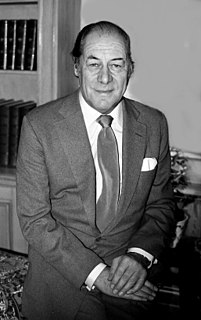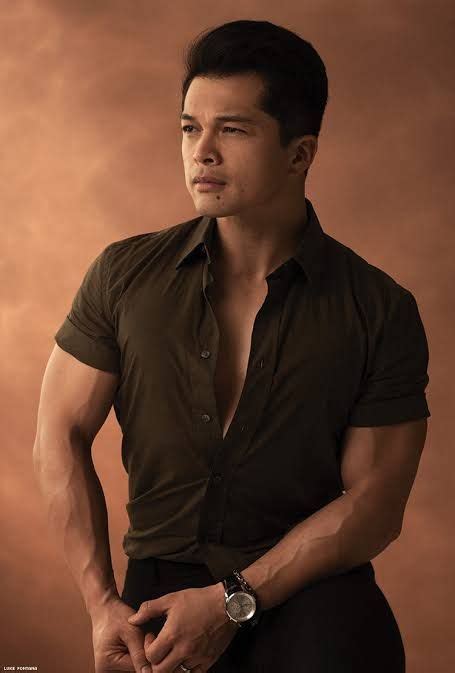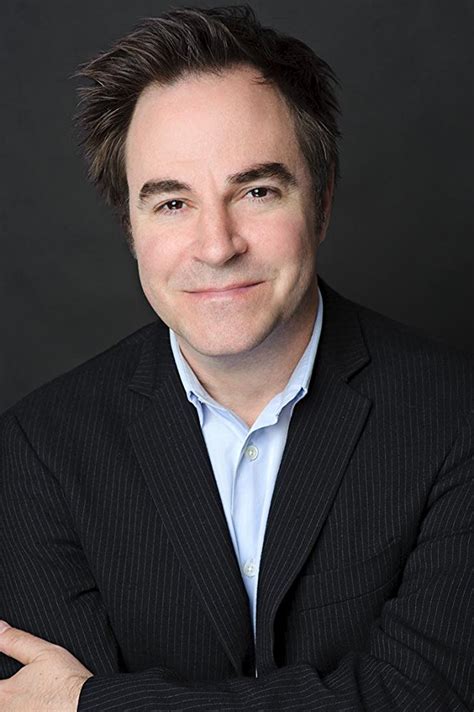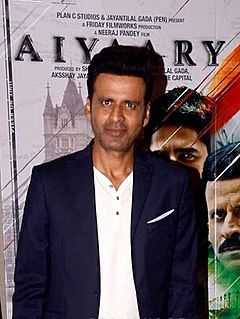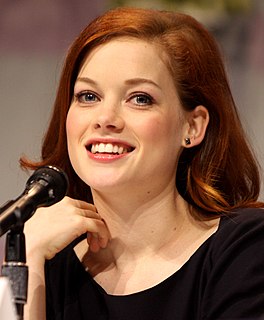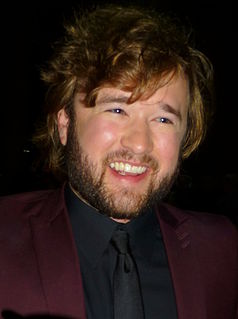A Quote by Masiela Lusha
Acting is not a lofty performance; it is simply the source of becoming and existing transparently. Acting, I find, is the art of frothing to the surface every raw and honest emotion. The moment an actor pretends, he loses his audience forever
Related Quotes
Acting is bad acting if the actor himself gets emotional in the act of making the audience cry. The object is to make the audience cry, but not cry yourself. The emotion has to be inside the actor, not outside. If you stand there weeping and wailing, all your emotions will go down your shirt and nothing will go out to your audience. Audience control is really about the actor
It's really up to the acting community to be willing to be educated about what performance capture is in order to fully appreciate it as acting. It's not a type of acting, but rather the use of technology to harness an actor's performance and translate it into an ape, another animal, or an avatar of some kind.
After a performance, I met the man who would later be my acting coach who helped me get into my acting conservatory. It was apparent to me that there were many others who were in support of me becoming an actor and making a name for myself. I am forever grateful to those teachers and mentors who instead of saying, 'Why you?' said, 'Why not you?'
Singing is a way of releasing an emotion that you sometimes can't portray when you're acting. And music moves your soul, so music is the source of the most intense emotions you can feel. When you hear a song and you're acting it's incredible. But when you're singing a song and you're acting it's even more incredible.
I wasn't really driven to be an actor or anything, but in college I decided to study acting, much to my parents' disappointment. I attended Mason Gross School of the Arts at Rutgers where Bill Esper was, and that is where I really got hooked on the art of acting, and, almost, the chemistry of acting.
Acting became important. It became an art that belonged to the actor, not to the director or producer, or the man whose money had bought the studio. It was an art that transformed you into somebody else, that increased your life and mind. I had always loved acting and tried hard to learn it. But with Michael Chekhov, acting became more than a profession to me. It became a sort of religion.
Acting is many things. Acting is playing lines, of course, but it's much more profound than that. Acting is truth-telling, and trying to find the truth in a human situation, which will be sketched out by a screenwriter with all the skill that a screenwriter can do; but in the end, that's just the map of the journey. The actor's job is to divine and embody the truth, and find it.
To be honest, there are so many things I learned in acting school beyond the method; it was a safe place to practice. So acting school was about exercising that acting muscle and doing it every single day - and having people tell you that you're bad every single day! Which pushes you to work even harder.

